It’s inspiring to see teens today taking a great interest in social justice matters. This generation seems to be among the most passionate about issues spanning from poverty, racial equality, gender equality, and LGBTQ+ rights. Though it is a proud moment for parents to see their teen embrace their passion and use their voice in pursuit of the greater good, it can also be unnerving to see their children stepping into social justice movements.
Over the past few years, news channels have been flooded with footage of protests and marches across the country. Some of these events remain peaceful and lawful. Others turn intense and dangerous. Participating in meaningful movements is an important way for teens to express their first amendment rights – but it is important they are aware of potential risks and safety practices.
Here are our top 10 tips on how your teen can stay safe while participating in social justice movements:
- Have a plan
Start by asking your teen where and when the event is being held. Make sure they provide detailed answers. It will provide peace of mind for you but will also help teens thoroughly think about their movements. Describing exactly when and where will help them determine a place to meet their friends and familiarize themselves with their surroundings. Once your teen is clear on their plan, discuss an appropriate time for them to check in. Depending on the situation, it may be during the event or after the event concludes. Having an agreed upon time to touch base will help signal if anything goes wrong.
- Use the buddy system
Teens should never go to a protest, march, or demonstration alone. If they are going with friends, make sure they are prepared to stay together at all times. If they don’t have any friends able to join them, you may consider joining them yourself. In either case, be sure your teen has a predetermined place to meet if the group gets separated.
- Discuss social media safety
Sharing photos is easier than ever – but sometimes doing so can cause harm. Talk to your teen about the risks of taking identifying photos of protestors. Photos that clearly show people’s faces or tattoos could make that person vulnerable to abuse or retaliation.
- Pack a bag
There are many supplies that may be useful while participating in a social justice movement. Some of the top recommended items for marches include ample water, sunscreen, snacks, a change of clothes, first aid supplies, and a copy of emergency phone numbers.
- Know your rights
Peacefully participating in demonstrations is completely legal, but there is often an increased presence of police at these types of events. If your teen feels that the situation has escalated, it is important they know their rights. They are not obligated to have a conversation with police but, depending on the state, they will need to give an officer their name and address if asked. Teach your teen to stay calm, keep their hands visible, and consider filming the interaction as unobtrusively as possible as a safeguard. If arrested or detained, they should not resist, voice their wish to remain silent, ask for a lawyer, and ask for a phone call. The most important thing to do is stay calm and follow instructions given to them.
- Managing tear gas
Tear gas is a thick, powdery fog that sticks to moisture like saliva, sweat, tears, and mucous membranes and causes an intense burning sensation. If gas is used, it’s important to stay calm, because panicking will worsen the effects. If a tear gas canister is deployed, they should move away from the cloud, quickly and calmly and keep their breathing slow and even. Once safely away from the tear gas, they will need to flush their eyes. This is best done using water, not milk. Milk is less effective, can spoil quickly, and can cause infections.
- Managing pepper spray
Similar to tear gas, it is important to first move away quickly and remain calm. If possible, change clothes and avoid touching the face or any other area that was exposed. Water will help alleviate the symptoms, however because pepper spray is oil-based it is best removed by using baking soda or ‘no tears’ shampoos.
- Helping others
Your teen’s interest in participation means that they have a strong social conscience. Remind them to keep an eye out for their peers, whether that means offering water where needed or being an ally.
- Recognizing signs of unrest
Paying attention to one’s surroundings can be a lifesaving skill. Teach your teen how to recognize that things may be taking a negative turn. Some signs include physical alterations, continued confrontation with counter-protesters, a large group of people running, threats of any kind, or veteran rally goers saying it is time to go.
- Know when to head home
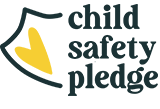

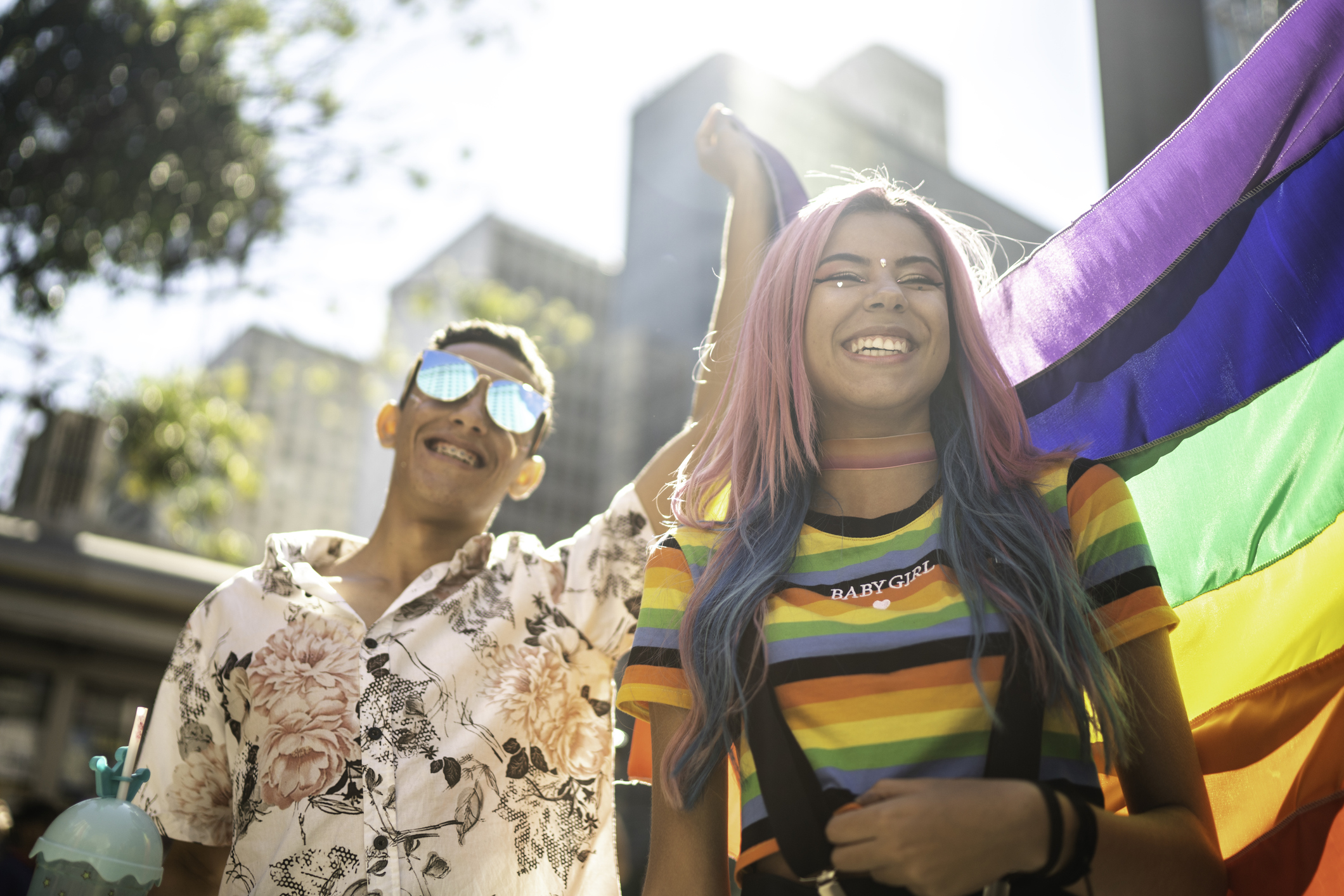

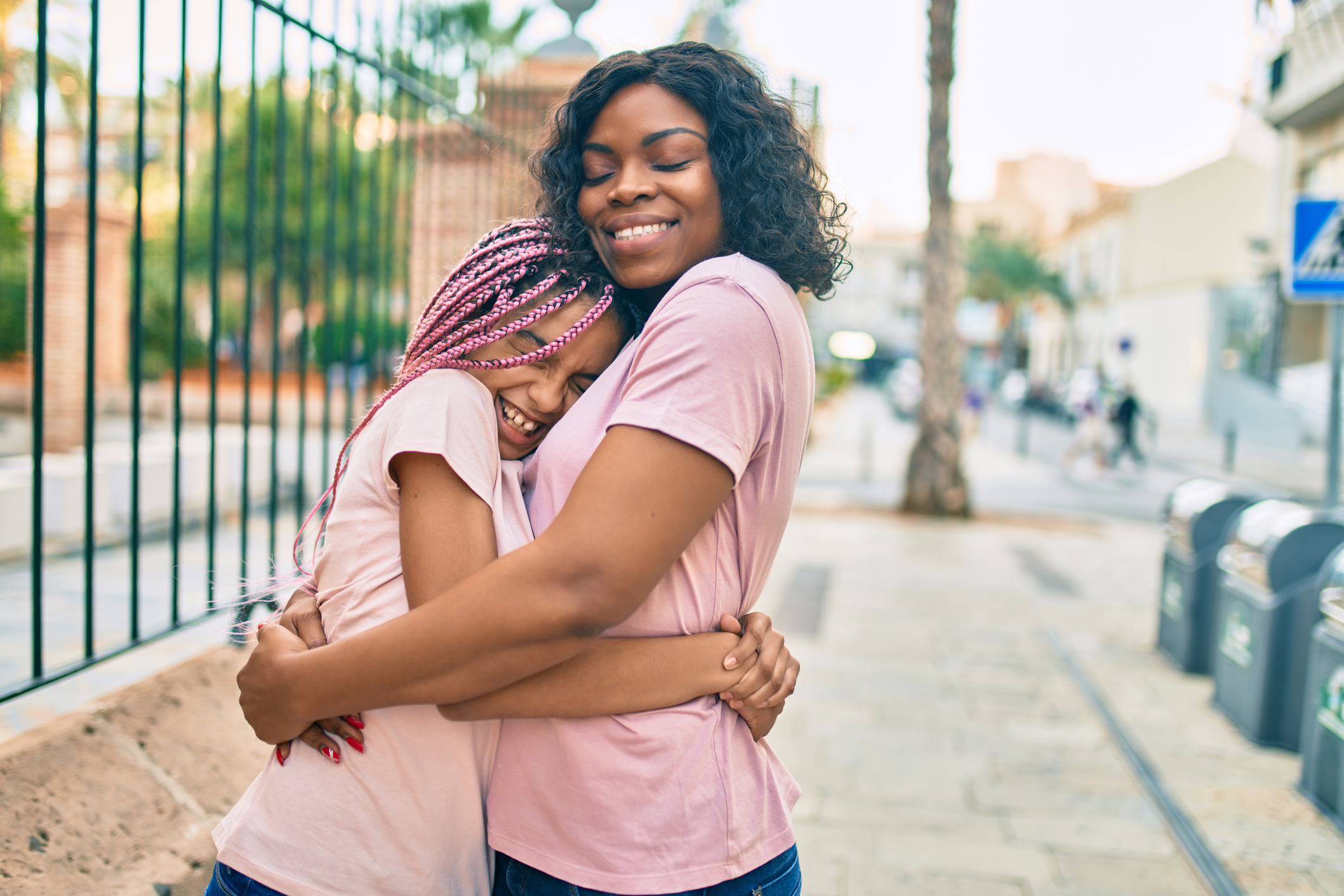


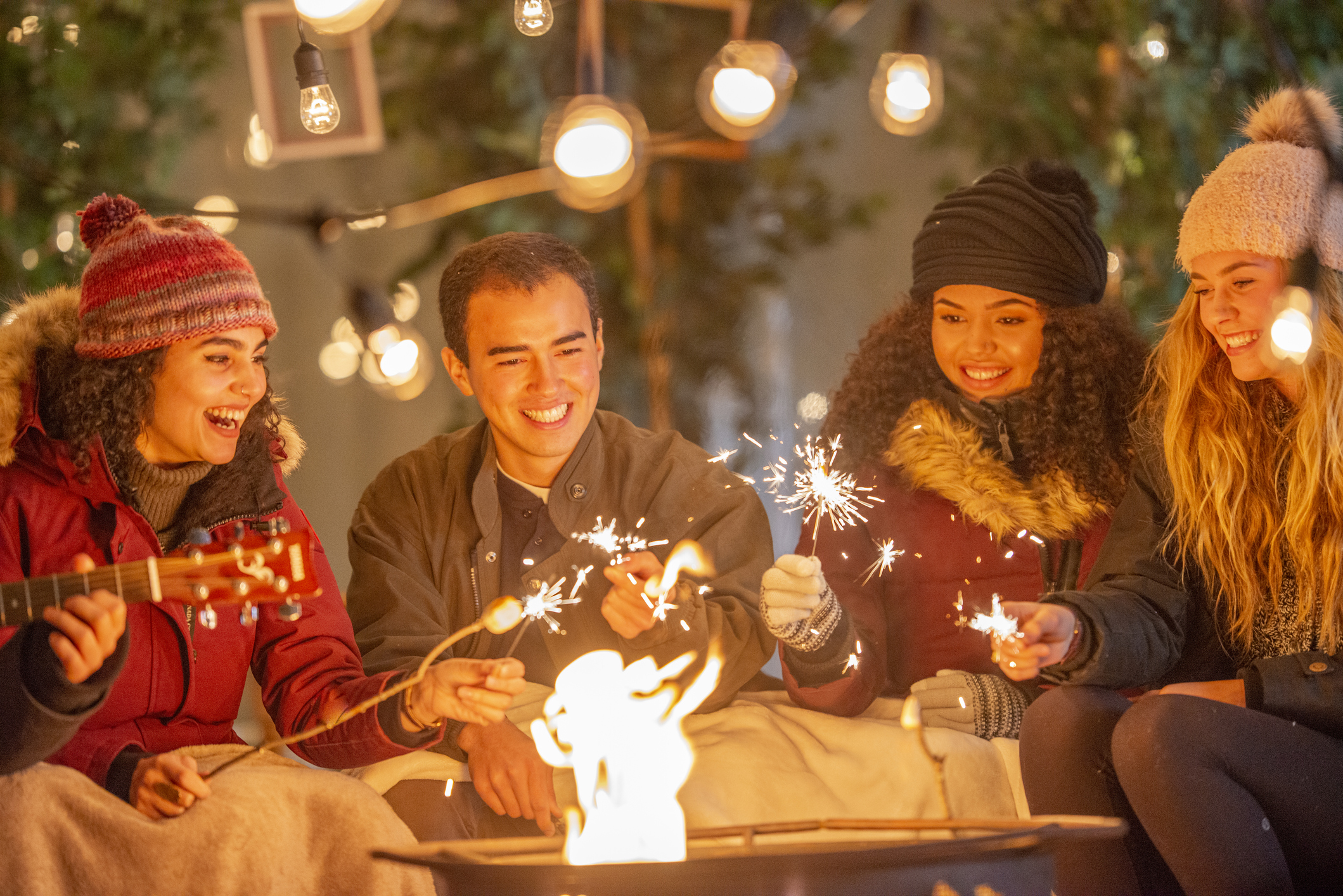
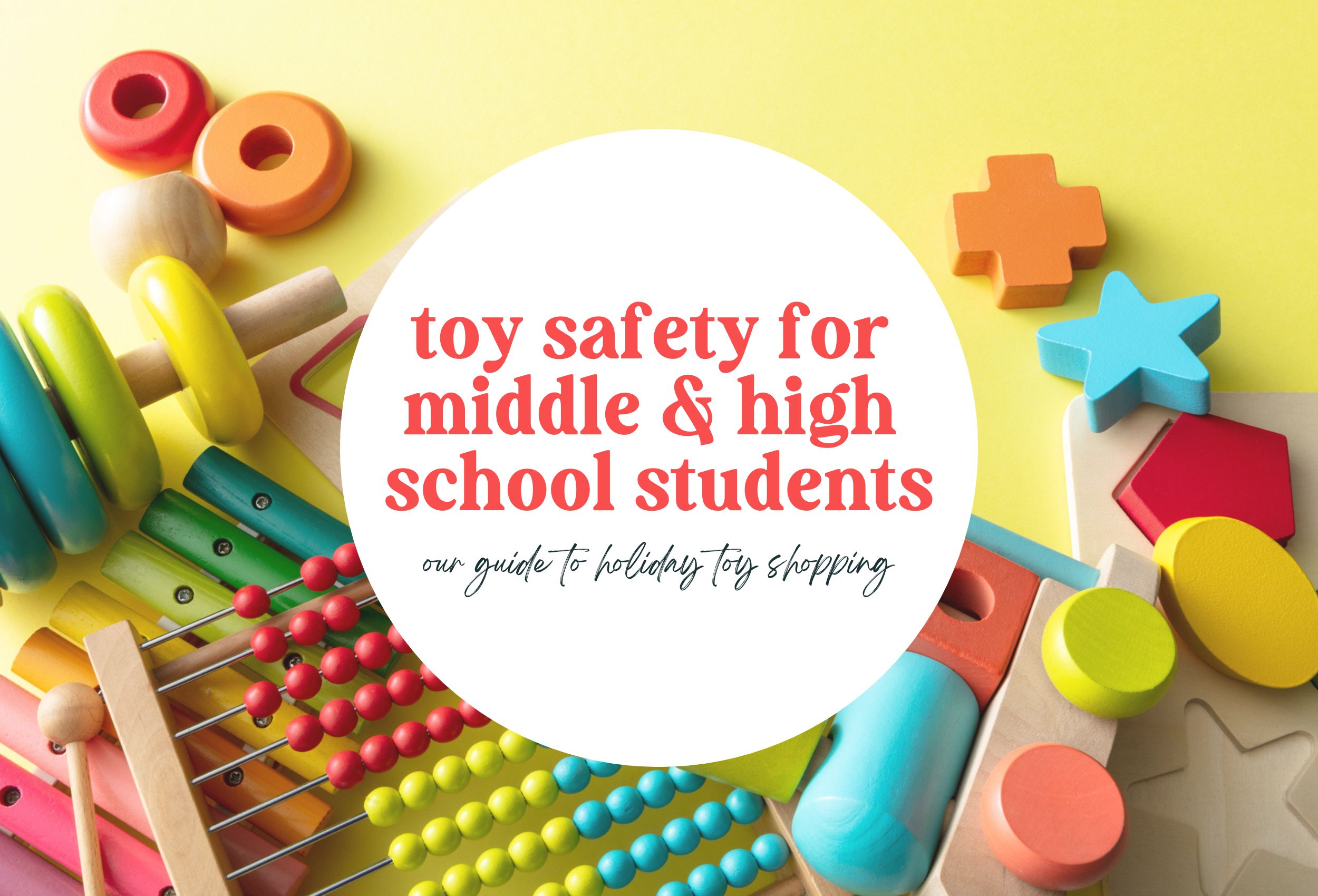

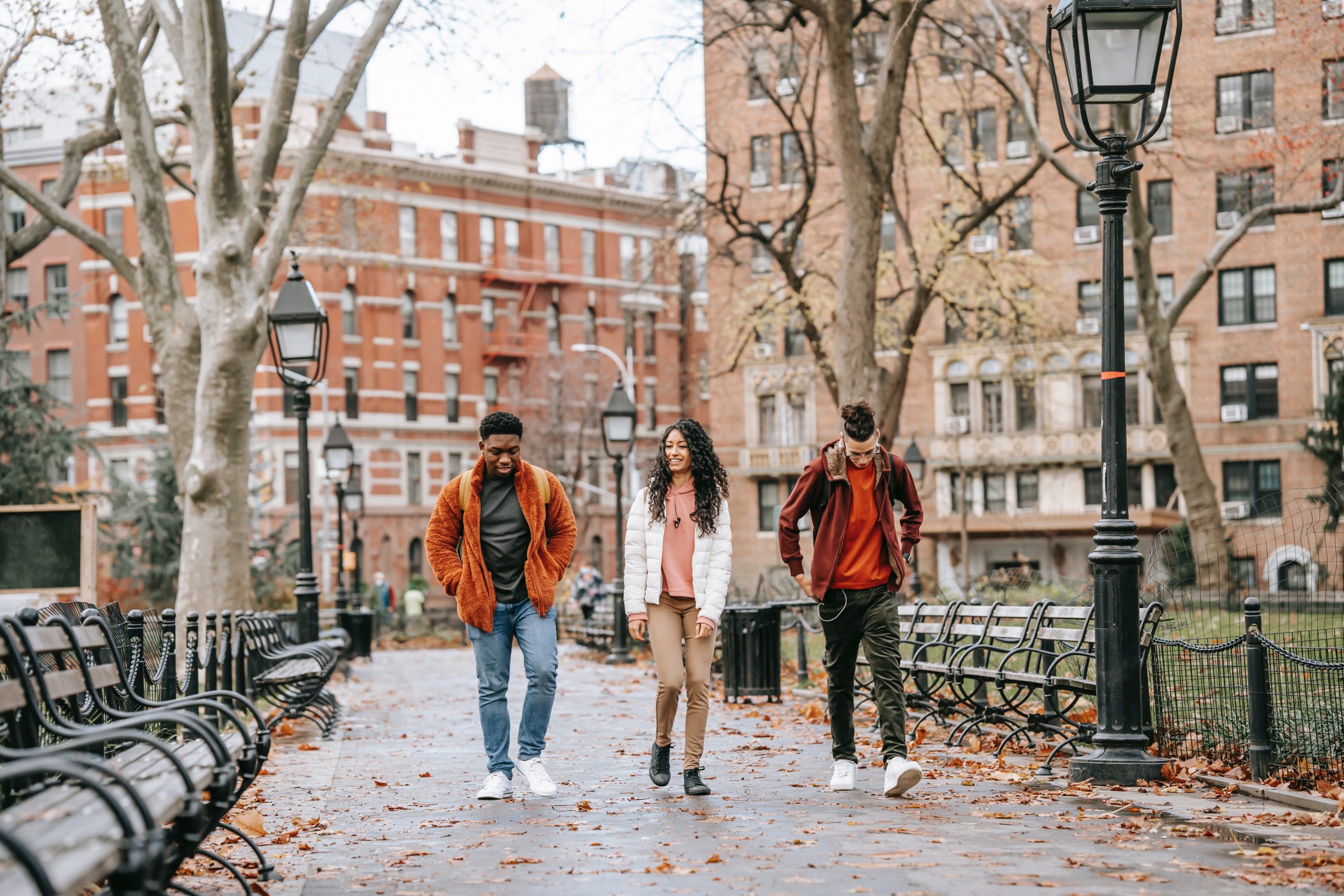
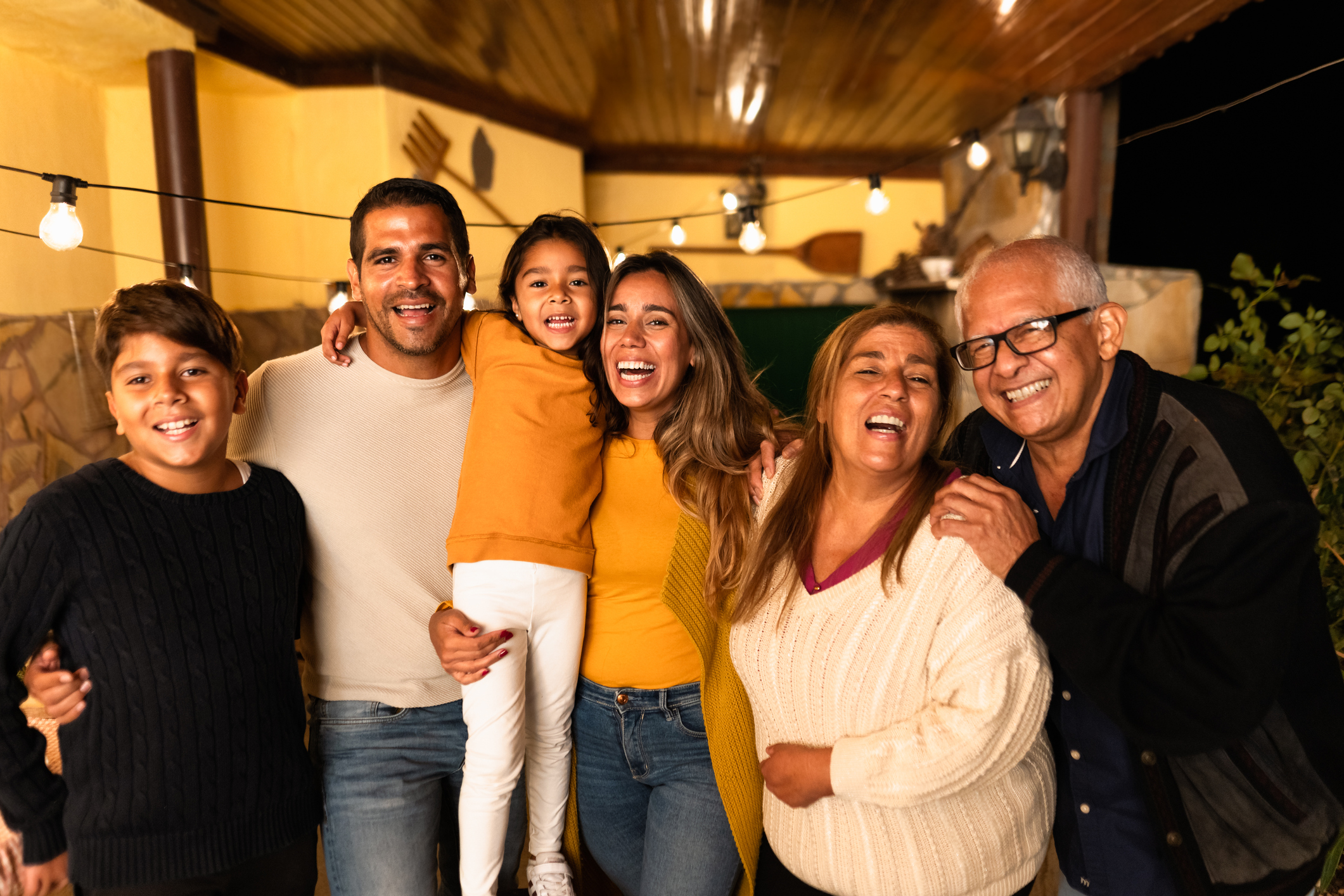
Comments are closed.